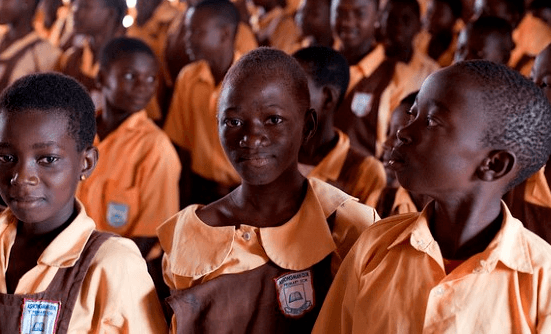Stakeholders call for guidelines for distribution of free school uniforms
 Stakeholders in education at a policy dialogue forum organized in Bolgatanga have called for the institutionalization of guidelines for government’s intervention on free school uniforms distribution.
Stakeholders in education at a policy dialogue forum organized in Bolgatanga have called for the institutionalization of guidelines for government’s intervention on free school uniforms distribution.
The forum, which was organized by SEND-Ghana and attracted various stakeholders in the education sector, including circuit supervisors, head teachers, school management committees, parent teacher association, traditional rulers and technocrats of the Municipal Assembly, was to disseminate research findings conducted by SEND-Ghana and its partner, the Programme for Rural Integrated Development (PRIDE)-Ghana on government’s free school uniform distribution in the Bolgatanga Municipality.
The research findings revealed that as a result of the lack of guidelines for the distribution of the school uniforms, the programme was not making its desired impact of helping needy pupils in deprived areas.
The research also revealed that with the centralization of the programme in Accra, many of the uniforms that were being made elsewhere and transported to the region for distribution were either oversized or undersized and could not fit the pupils.
It was found out that many of the uniforms were dumped in the Education Directorate office in the region because they could not be used and the materials that were used to sew such uniforms were substandard.
The stakeholders called for the decentralization of the programme saying that would help it achieve its aims of helping the needy pupils and contributing to the local economy.
They proposed that instead of importing materials from outside the country, Ghanaian textile companies should be contracted to produce good quality materials.
They also suggested that the Regional Directorates of Ghana Education Service in collaboration with the Municipal and District Assemblies be made to oversee the implementation of the intervention.
Mr Gregory Titigah, the Senior Project Officer of SEND-Ghana, said the research, which was conducted in 30 municipalities and districts across the country, revealed similar findings.
He called on all stakeholders including traditional, religious, opinion leaders, Parent Teacher Associations and School Management Committees and the media to get actively involved in the programmes to help ensure transparency and accountability.
Source: GNA
